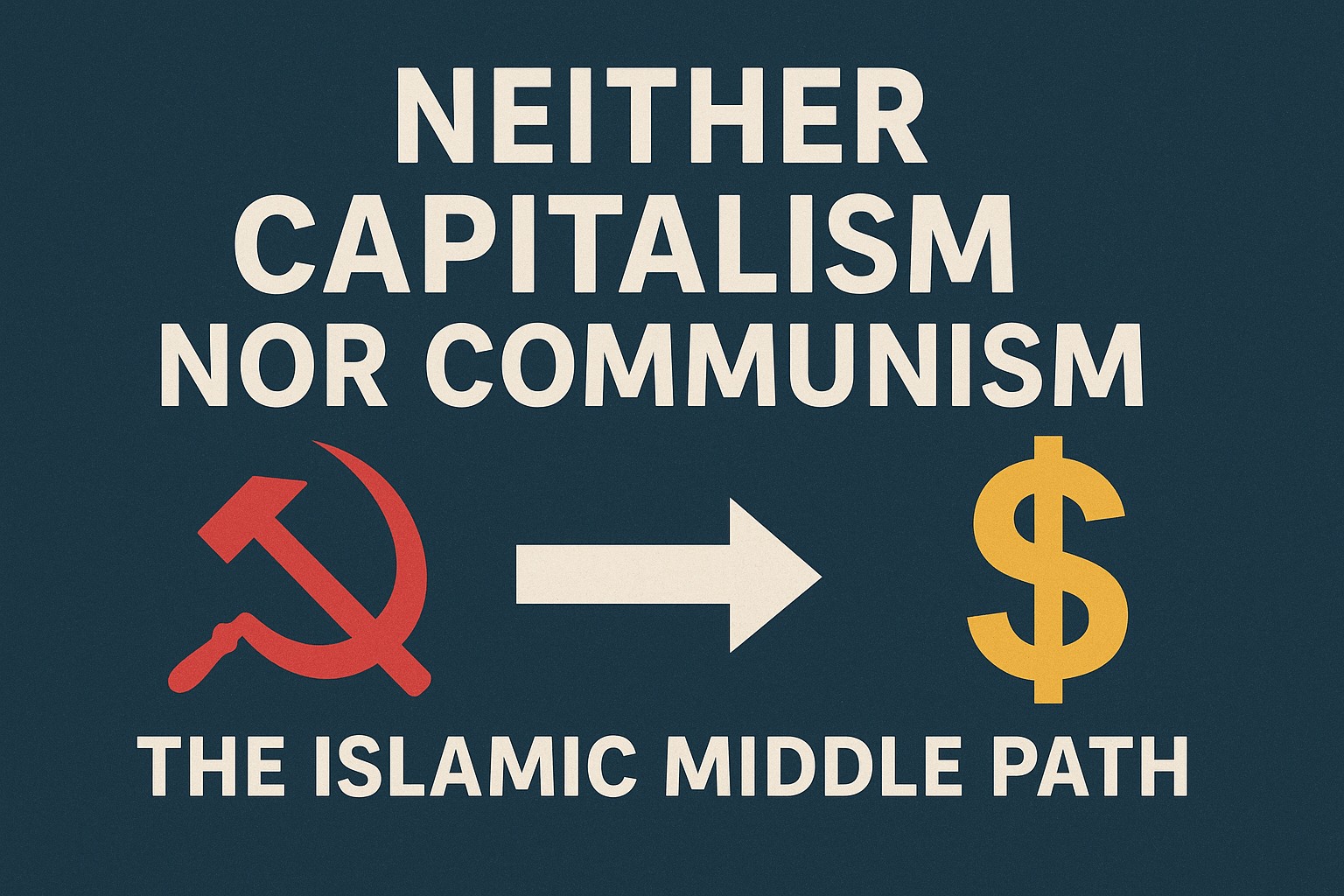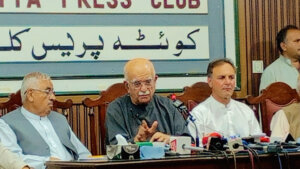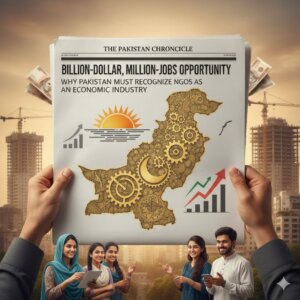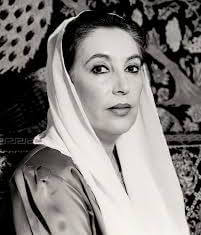Aziz ur Rehman Agha
The Cold War may have ended, but the ideological clash between Capitalism and Communism continues to shape global politics, economics, and international relations. Even today, global alliances reflect these old ideological divisions. However, both Capitalist and Communist systems have failed to manage political and socio-economic affairs effectively. One system suppresses personal freedom; the other deepens inequality. Both carry serious structural flaws that make them unsuitable for modern societies. This calls for a new, balanced approach — one found in the Islamic socio-economic and political philosophy, which follows a middle path between the two extremes.
The Flaws of Communism
Communism lies at one extreme of the ideological spectrum. It suppresses individual freedoms such as speech, press, and trade. Historical examples from Maoist China during the Cultural Revolution (1966–1976) show how intellectual expression was crushed — books and music not aligned with party ideology were banned, and private libraries were destroyed. Similarly, in the USSR, any deviation from party thought was treated as a crime.
Economically, Communism eliminates private property and discourages entrepreneurship. Without personal incentive, individuals lose motivation to innovate and work for economic growth. As a result, this system hampers development and limits prosperity. The severe restrictions on basic rights and freedoms make Communism unsustainable in modern nation-states.
The Problems with Capitalism
On the other end lies Capitalism, which has enabled just 1% of the world’s population to control more wealth than the remaining 99% combined. This system inherently promotes economic inequality, empowering elite industrialists while exploiting the working class. Under Capitalism, profit takes precedence over people — workers are overburdened, and ethical values are often sacrificed for industrial gains.
Furthermore, Capitalism’s obsession with rapid industrialization and profit maximization has led to environmental destruction, resource depletion, and climate crises. It prioritizes wealth accumulation over sustainability. These internal contradictions — growing inequality, moral decay, and ecological harm — make Capitalism an unfit model for an equitable, sustainable society.
The Islamic Socio-Economic Philosophy: A Balanced Approach
Both Capitalism and Communism fail because they represent extremes — one suffocates freedom; the other breeds inequality. Islam, however, offers a balanced socio-economic philosophy that harmonizes justice, freedom, and social welfare.
The Islamic economic system allows private ownership and business freedom, but regulates them through moral and legal checks. The obligation of Zakat (charity) redistributes wealth, preventing concentration in the hands of a few. Meanwhile, the prohibition of Riba (usury) ensures financial fairness and discourages exploitation. Together, these principles foster economic justice, social cohesion, and sustainable development.
Conclusion
Neither Capitalism nor Communism provides a complete solution to humanity’s political and economic challenges. Both contain inherent flaws — one curtails human freedom, the other destroys social equality. The Islamic socio-economic model, however, offers the ideal middle path — balancing individual rights with collective welfare. With its emphasis on justice, equality, and moral responsibility, Islam presents the most sustainable and humane political and economic philosophy for the modern world.






